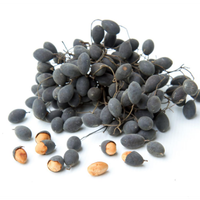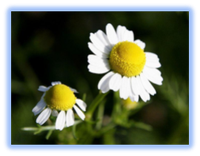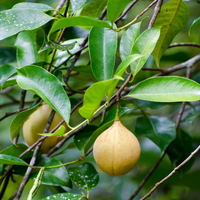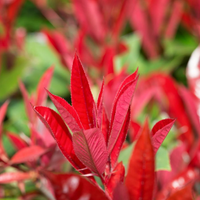Mucuna Pruriens
Family: Papilionaceous, Fabaceae
Habitat: Throughout India, including Andaman and Nicobar Islands. Action: Seed-astringent, nervine tonic, local stimulant, used in impotence, spermatorrhoea, urinary troubles, leucorrhea, traditionally used for male virility. Also used in depressive neurosis. Hair on fruit- vermifuge, mild vesicant; used for diseases of liver and gallbladder.
Leaf-applied to ulcers. Pod-anthelmintic. Root and fruit-spasmolytic, hypoglycemic. Root-CNS active.
Description: Mucuna Pruriens is an established herbal drug that is widely used for the management of male infertility, nervous disorders and also as an aphrodisiac. It is also known as the “Velvet Bean” and can be found in tropical and sub-tropical regions of the world. They are a rich dark brown colour and are covered with stiff hairs. It is best kept under warm, moist conditions and largely found in areas with heavy rainfall. They have been widely used as a powerful aphrodisiac in India that also helps against arthritis and the treatment of nervous disorders. The Ayurvedic Pharmacopoeia of India recommends the seed in impotence (the inability for a man to achieve an erection) and paralysis agitans “shaking palsy”. The seeds contain the following alkaloids (organic compounds):
- Mucunine, Mucunadine, Mucunadinine
- Prurieninine, Pruriendine
- Nicotine
- Beta-sitosterol: Substance found in plants, used for heart disease and high cholesterol.
- Glutathione: Works as an antioxidant.
- Lecithin: Found in many animal and vegetable sources, and is used in the enhancement of cholesterol metabolism in the digestive system.
- Vernolic acid: Organic chain and fatty acid, used in places such as Kenya to treat stomach pain and Tanzania to treat chest pain.
- Gallic acids: Organic acid found in foods and herbs such as blueberries, walnuts, apples and can be found in its purest form through gall nuts. They have been used for years as natural remidies as a relaxant and also for purifying the blood.
The seeds contain a number of bioactive substances including:
- Alkylamines
- Flavonoids: Found in almost all fruits and vegetables and is responsible for giving them their vivid colour. They have been used for blood sugar and blood pressure regulation, in addition to antioxidant and anti-inflammatory activity.
- Coumarins: Found in tonka beans, lavender, strawberries, apricots, cherries and cinnamon. It has been used in blood-thinning, anti-fungicidal, and anti-tumour activities.
- Cardenolides: Found in many plants and works directly on the cell membranes of heart fibres. They increase the contraction or pumping strength of the heartbeat. The heart therefore can pump more blood per beat throughout the body.
L-DOPA is present in the seed as well as in the stem, leaves and roots which increases dopamine levels and is a component in Parkinson’s treatments. Dopamine has many functions in the brain and in the nervous system as a whole; it plays an important role in behavior, cognition, voluntary movement, sleep, mood, working memory, and learning. Major constituents of the hairs on the pod are amines such as 5-hydroxy-tryptamine (serotonin) which effects sexual desire and function, and a proteolytic enzyme mucuanain. (Serotonin was present only in pods.) Prurieninine slowed down heart rate, lowered blood pressure and stimulated intestinal peristalsis in experiments carried out on frogs. The spasmolysis of smooth muscles was caused by indole bases. Spasmolysis refers to the relaxation or relief of muscle spasms.
Mucana Prurierns are seen to effect the nervous system, reproductive system and digestive system in the following ways:
Nervous System: The oily qualities that the seeds possess activates the nervous system and lends strength to any weakened areas of the body. Mucana Pruriens can minimize stress while supporting the body’s natural physical balance and good posture, a healthy gait, as well as fluid muscular movements, proper sensation, coordination, and keen motor skills. It is also widely known that Mucuna Pruriens contains naturally occurring levodopa (L-dopa), which is an essential precursor of the neurotransmitter dopamine.
Reproductive System: The amount of fruits and seeds found, it is no surprise that it effects the reproductive system. Mucuna Pruriens is an aphrodisiac that bolsters healthy sexual energy and supports proper functioning of the reproductive organs.
Digestive System: Mucana Pruriens are able to support healthy blood-sugar levels and contains highly nutritive qualities. It helps foster a healthy digestive function as it promotes healthy elimination of toxins.
Mucuna Pruriens (Infertility Studies)
Natural Fertility Booster: Mucuna Pruriens were used in studies involving male fertility to see the effect that it has on various aspects of fertility. Men who were given the tropical plant increased sperm volume, movement, better fertility, and sperm count. Another research study investigated the effect of Mucuna pruriens on 150 men, with 75 identified as infertile and another 75 identified as fertile. Researchers noted that semen quality significantly improved following Mucuna pruriens supplementation. Steroid hormone production also increased, an important factor for increasing the levels of testosterone in the body. Testosterone is one of the steroid hormones responsible for fertility.
Infertility is a common issue in different parts of the globe. Infertility refers to a lack of conception after a reasonable period of sexual intercourse without conception. This issue can be cause by either a male, a female, or both. In males, problems with fertility can be attested to the following:
- Poor sperm quality (their rate of movement and shape)
- Low sperm count (a lack of sperm)
- A history of sexually transmitted infections (STI); like Chlamydia
- Hormonal imbalances
- Chronic illnesses such as diabetes
- Tobacco and alcohol use
- Being underweight or overweight
The following charts demonstrate infertility amongst the Canadian population as acquired by Statistics Canada:



The cases of infertility in relationships in Canada has doubled since the 1980’s. Roughly 16% of couple’s experience infertility. This means about 1 out of every 6 couples have trouble with contraception.
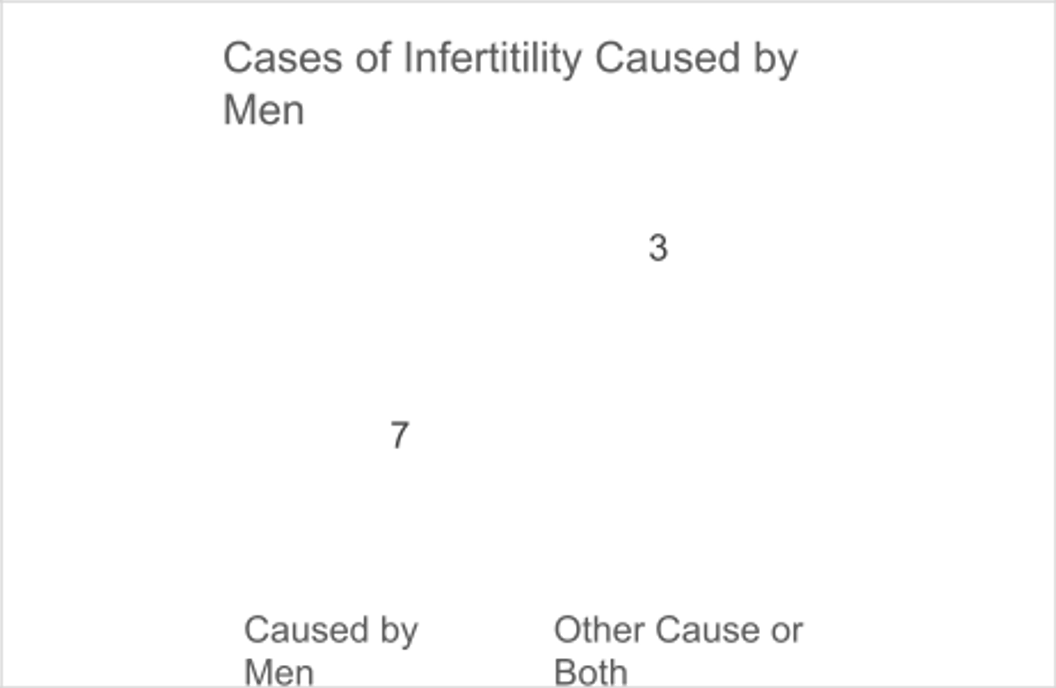
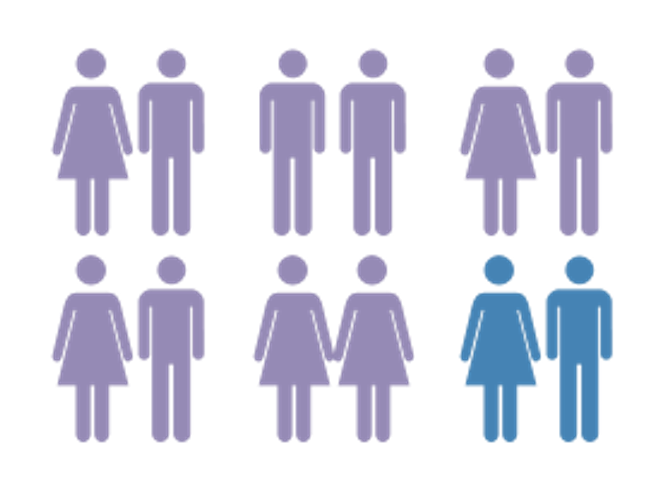
Cost of Artificial Insemination and Donor Insemination
A common fix for male infertility is for artificial or donor insemination to take place. This is where a concentrated dose of sperm (from your partner or a donor) is washed and then injected into your uterus with a catheter. The success rate is only 5 to 25% and can be costly. It is illegal to pay somebody for sperm in Canada, but orientation sessions, storage and semen preparation can add up to about $650. This is a cost that is incurred with a success rate of less than 25%.
Herbon’s pills will help increase the chances of conception without going to measures such as insemination, which is the least costly way to become fertile in Canada.
Study: Ethical Committee of the King George's Medical University
Herbon’s advantage lies in the fact that an increase in sperm count and volume due to Mucuna Pruriens, means that couple’s have a higher chance of getting pregnant. Normal semen levels are measured by over or under 20 million sperm per ml. Those who lie under this count have a higher possibility of being infertile. Many studies have been conducted to determine the effect of Mucuna Pruriens on sperm motility, volume and quality. The following is one of the selected studies that has been testified to best depict the results of Mucuna Pruriens.
Purpose: This study was carried out to determine the effects of Mucuna Pruriens on infertile and fertile subjects, to determine how the ingredient effects each group.
Subjects:
- 120 Men (60 Infertile for more than one year) & (60 fertile)
- Socioeconomic status (same) and ethnic status (Indo Aryan)
- Body Mass: 19 kg – 24 kg
- Duration: January 2006 – December 2006
Sample:
- Dosage: 5g per day orally with cup of skimmed milk
- Collection periods: 2 (one before treatment and one after)
Results:
- Sperm Volume for infertile males: 688% increase
- Sperm Volume for fertile males: 32% increase
Findings: We observed that oral administration of M. pruriens to infertile men for 3 months not only resulted in general improvement in sperm count and motility but it also led to significant reduction in the level of psychological stress, as assessed by a questionnaire and serum cortisol levels. It was also seen that there was an increase in overall semen quality through the re- activation of the antioxidant defense system of infertile men.
Fertility Comparison Graph (India, United States, Canada)
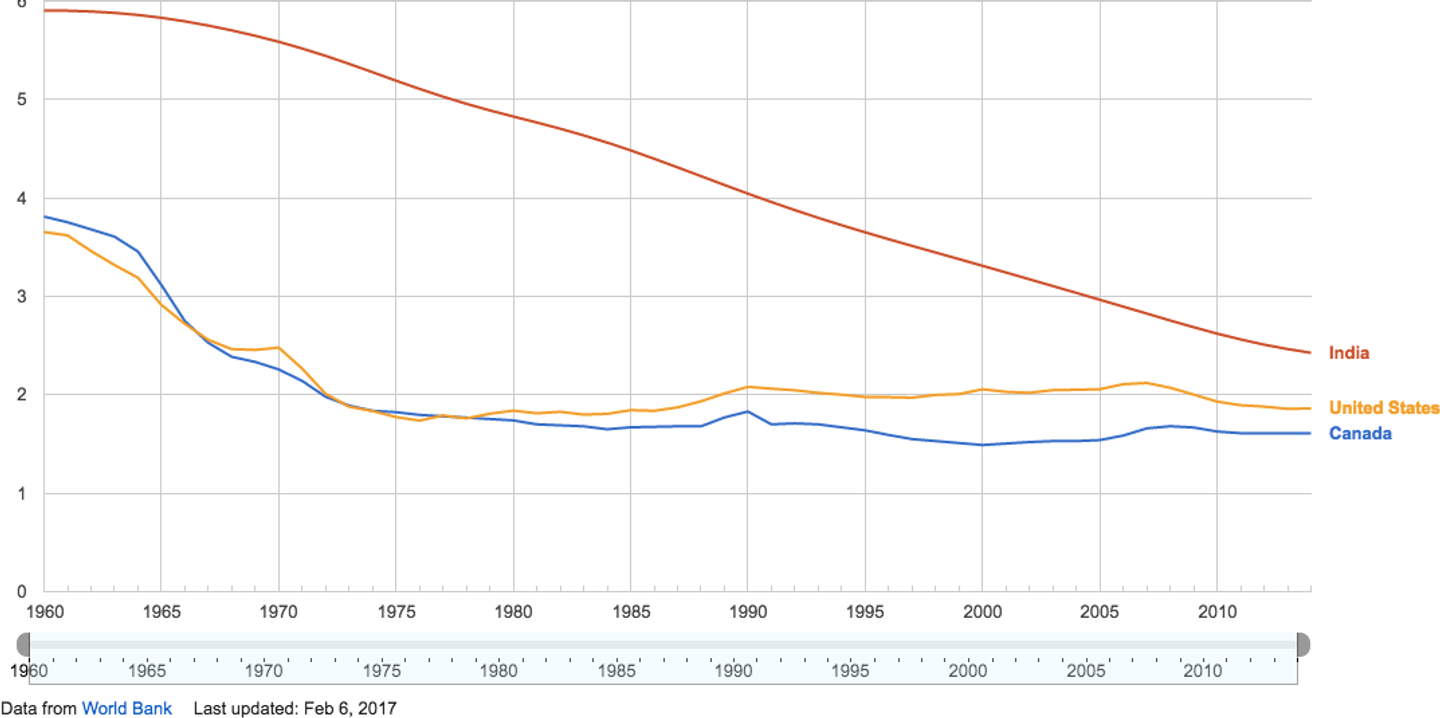
Results of above graph: (as measured by births per woman)
- India Fertility Rate: 2.43
- USA Fertility Rate: 1.86
- Canada Fertility Rate: 1.61
Historically, India has had one of the highest fertility rates, which can be linked to their beliefs and practices in Ayurvedic medicine. Herbal remedies are very common in Indian culture which aid in preventing erectile dysfunction from occurring and providing males with more sperm volume and quality than other countries. Natural remedies lead to healthier lifestyles, which plays a major role in the development of ED. Herbon is bringing these ingredients to the North Amerucan culture to help treat ED and fertility problems.
← Previous
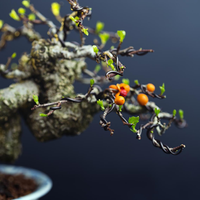 Maalkangani
MaalkanganiNext →
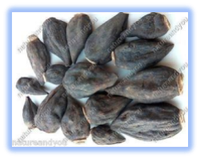 Saaleb
SaalebOn this page

